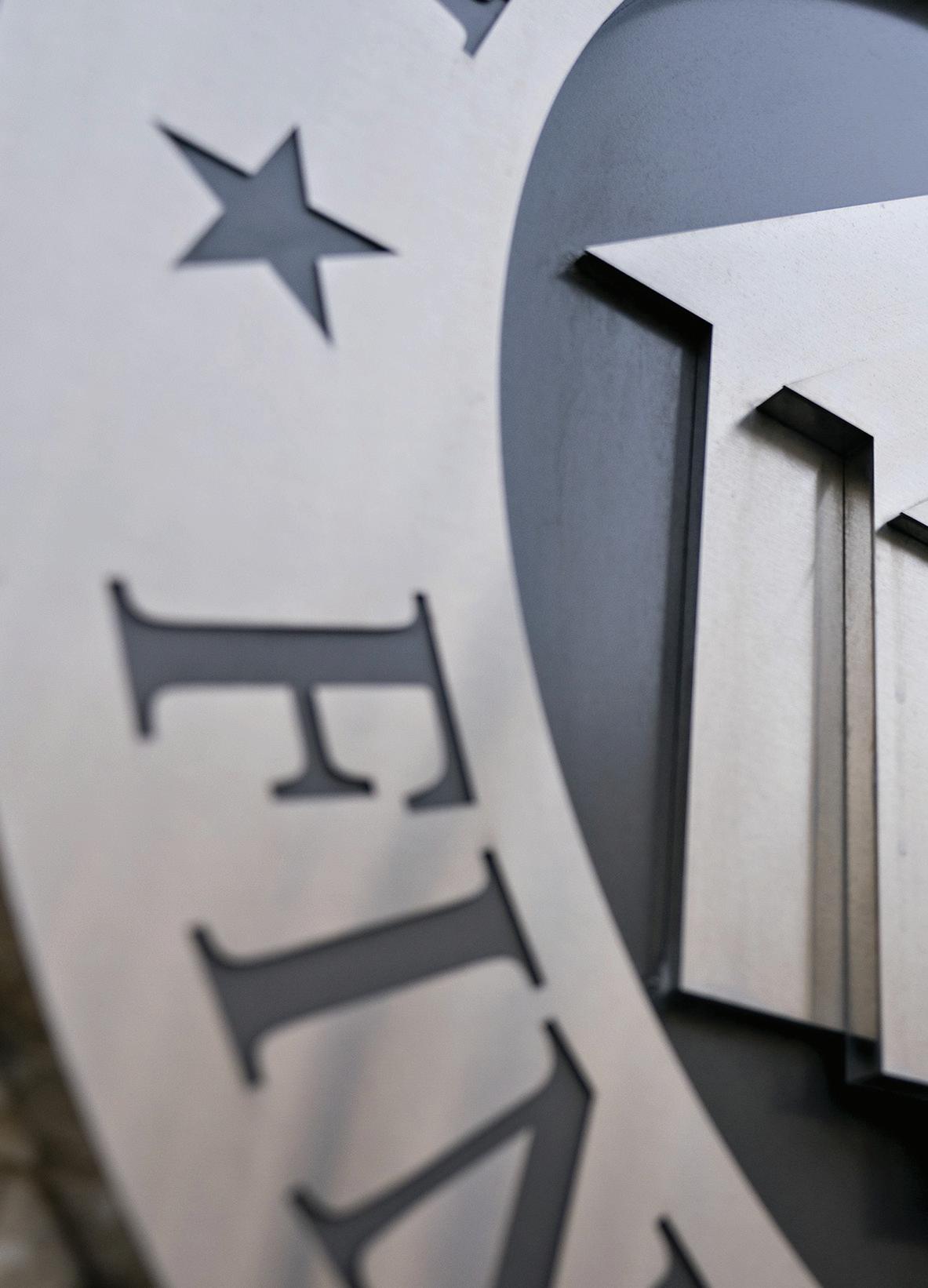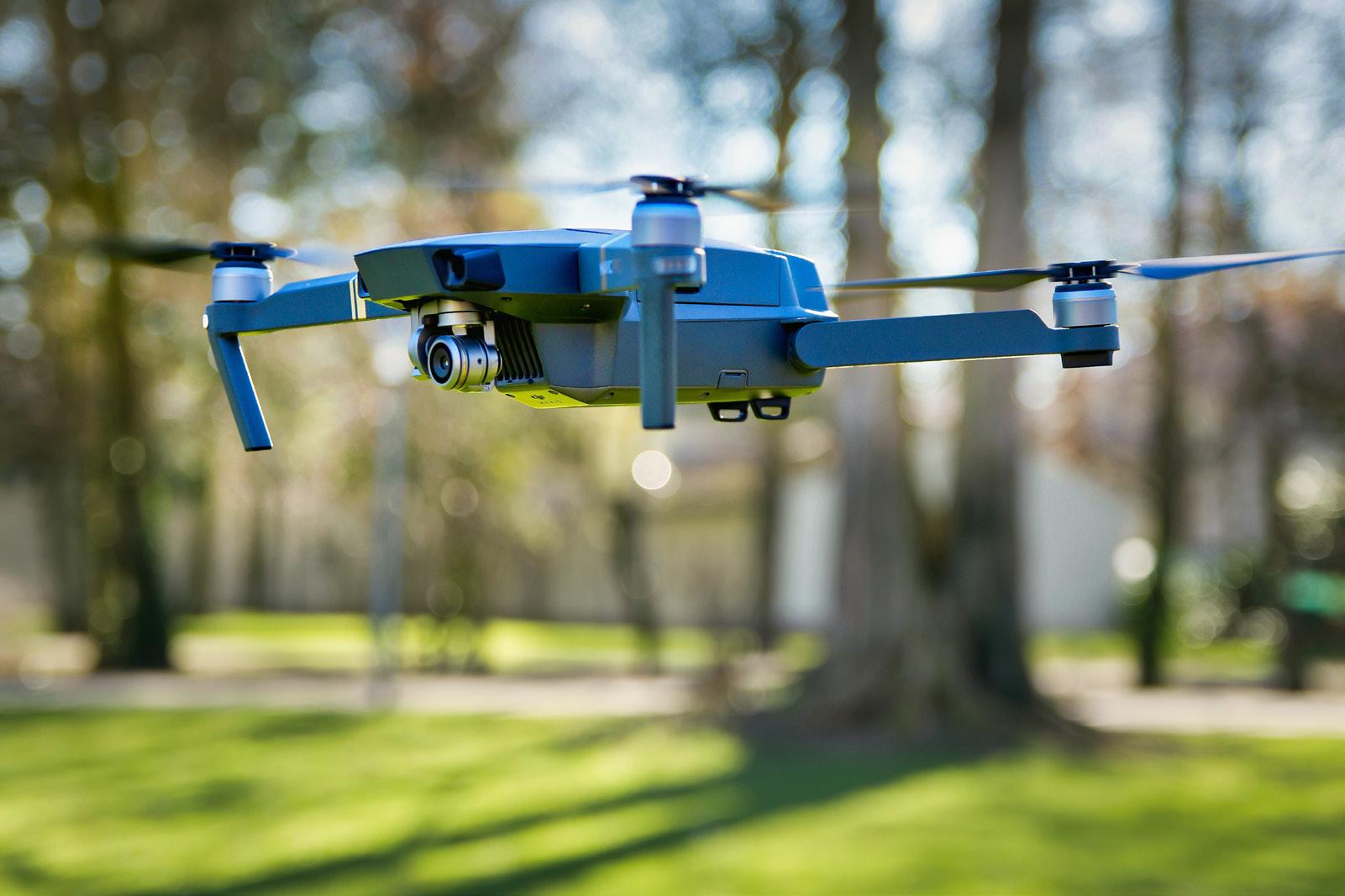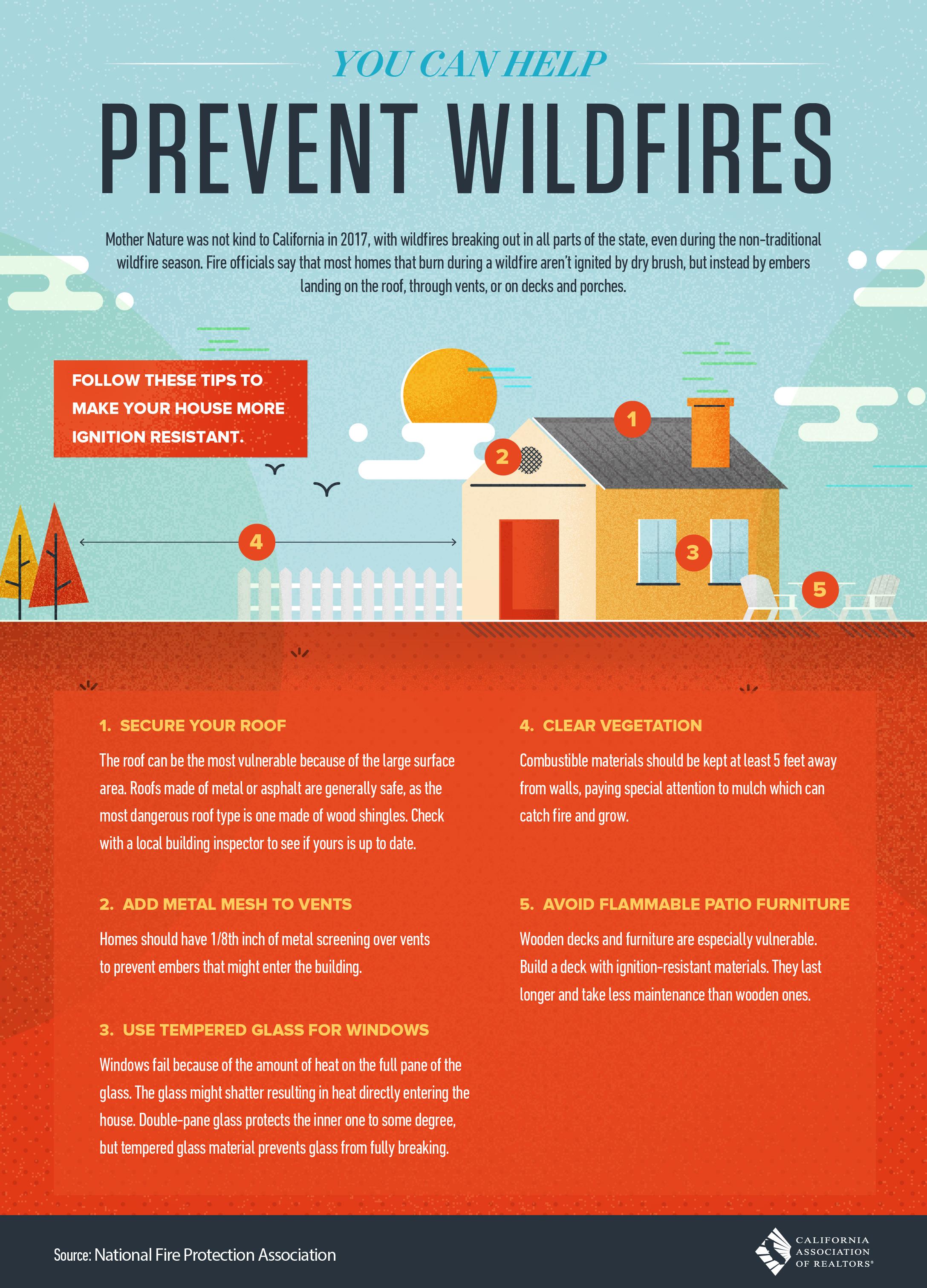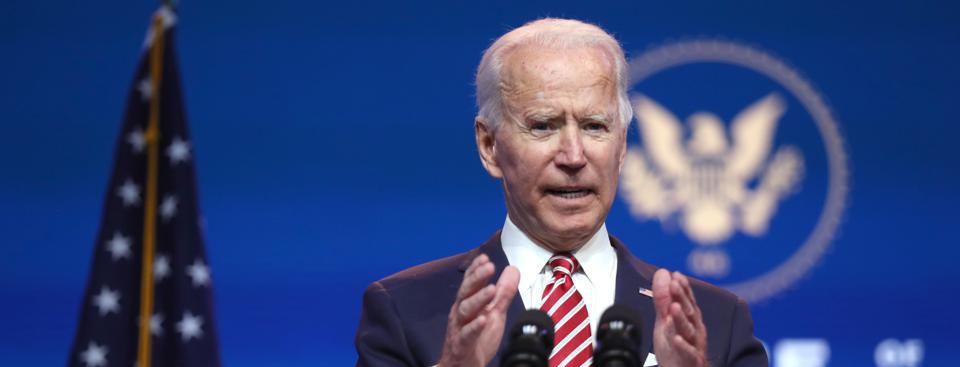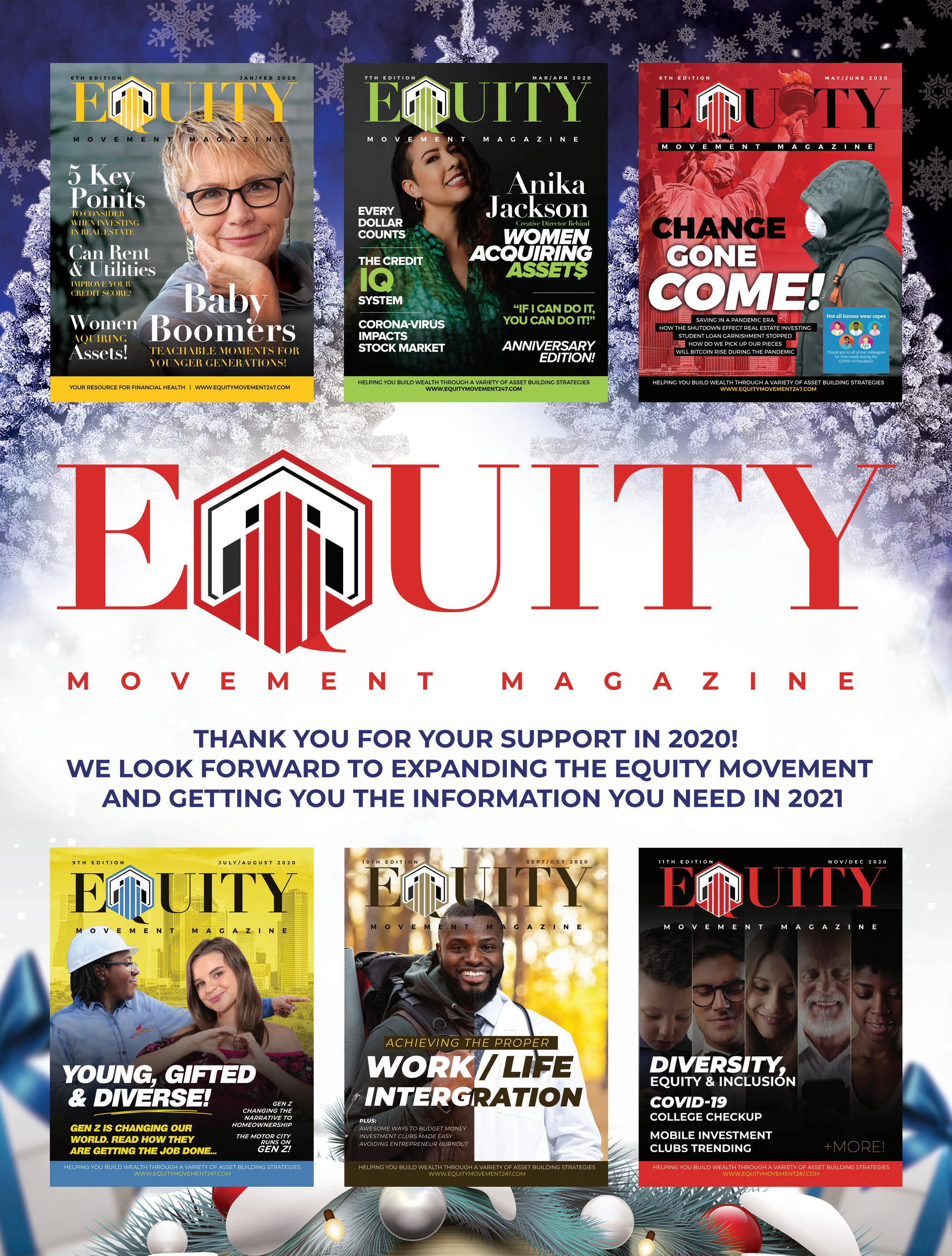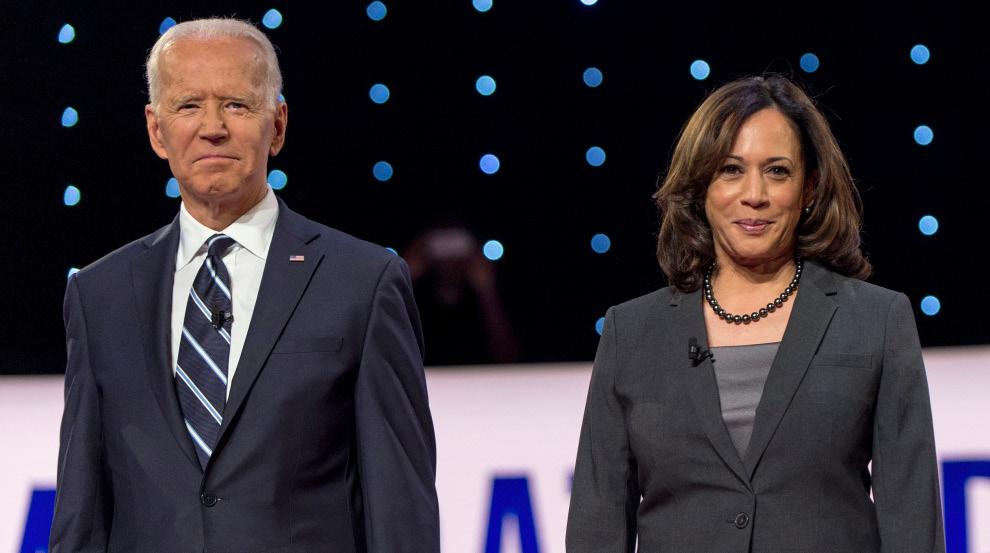
6 minute read
The United States has formally exited
THE UNITED STATES HAS FORMALLY EXITED THE PARIS CLIMATE ACCORD. WHAT ARE THE IMPACTS?
On June 1, 2017, US President Donald Trump announced that the country would exit from the Paris Agreement and immediately quit implementing the agreement, including implementing the Nationally Determined Contributions (NDCs) and financial contributions. Two and a half years later, the US formally withdraws from the climate agreement with Mr. Trump citing the agreement as a deal that “disadvantages the US to the exclusive benefit of other countries.” The United States, under the Obama administration, played a significant role in developing the 2015 accord, aiming to limit global warming to below 2C and strengthen the global response to the growing threat of climate change.
The exiting journey wasn’t a straightforward process. The exiting involved the culmination of a bureaucratic process that began a year ago. The process took so long due to the complex rules and regulations engraved in the agreement to mitigate the possibility that a future US president might decide to lead the country in exiting from the deal. The makers of the accord had considered all the risks, and the reality is just dawning on them. The exiting of the second-largest carbon dioxide emitter from the 189-nation agreement comes amid an administration that advocated for the weakening of environmental regulations and showered the fossil fuel sector with support, leaving a trail of more questions than answers. What impacts is the Trump administration move likely to have on Americans and the world at large? In the agreement, governments had agreed on a long-term goal of keeping the increase in global average temperature to well below 2°C above pre-industrial levels and aim to limit the increase to 1.5°C, since this would significantly reduce risks and the impacts of climate change. They also agreed on the need for global emissions to peak as soon as possible, recognizing that this will take longer for developing countries; and finally, to undertake rapid reductions thereafter in accordance with the best available science, to achieve a balance between emissions and removals in the second half of the century. All these were mitigations to reduce emissions. With the secondlargest gas emitter exiting from the deal, other countries’ attempts on climate action will be futile.
The US is also a huge and powerful economy
that represents about 15% of global greenhouse gas emissions. So, when such a country withdraws from contributing to a global solution to climate change, it raises more questions of trust. “Being out formally obviously hurts the US reputation,” says Andrew Light, a former senior climate change official in the Obama era.
“The decision to leave the Paris agreement was wrong when it was announced and it is still wrong today,” said Helen Mountford from the World Resources Institute.
“It’s definitely a big blow to the Paris agreement,” said Carlos Fuller, from Belize, the lead negotiator for the Alliance of Small Island States in the UN talks. “We actually worked very hard to ensure that every country in the world could accede to this new agreement. And so, by losing one, we feel that basically we have failed.” On the other hand, there are those who justify the US withdrawal from the accord, citing it’s partly due to the failure of the Obama administration to have the accord ratified by the senate. “What Obama did at the end of his second term was fundamentally undemocratic, to sign up to a Paris agreement without going to the Senate and the Congress and instead doing it via executive order,” said former UN climate chief, Yvo De Boer.
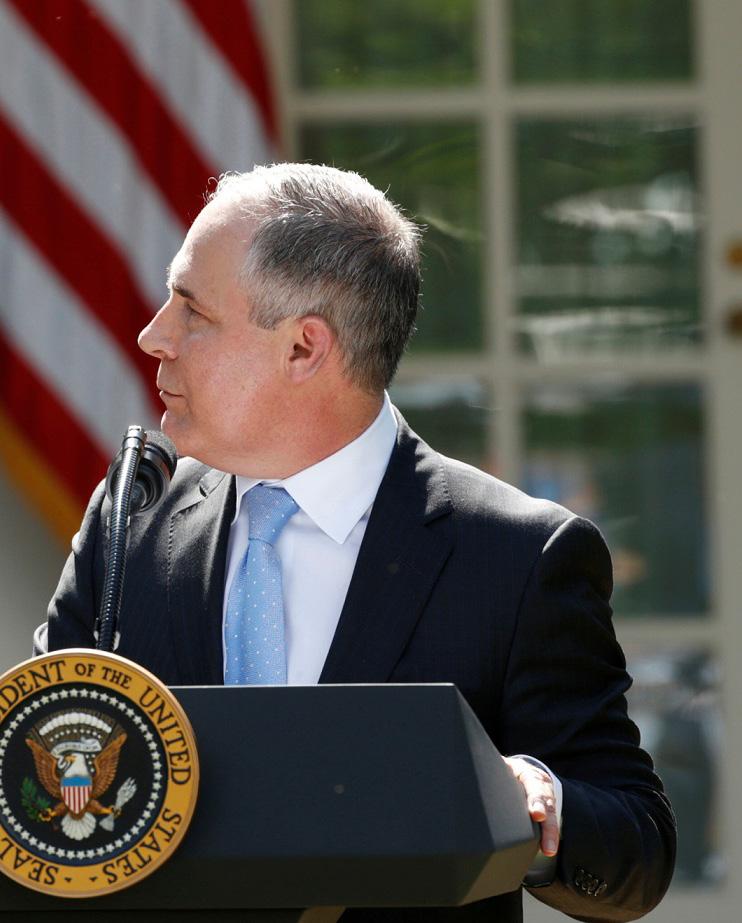
IMPACTS OF THE MOVE.
According to the 2017 “Advances in Climate Change Research” report by Chinese Roots Global Impact, the move to withdraw the US from the Paris Agreement substantially undermines the universality of the agreement, which is the backbone of the global climate regime, better than any other climate change movement ever to happen. Also, the withdrawal leaves a leadership deficiency in global climate governance. Moreover, the US’s withdrawal from the agreement leaves the country with more emission space and lower mitigation costs while compressing other countries’ emission space and pushing up their mitigation costs, which will make it harder and costly to achieve the 20C target of the agreement.
Moreover, the Trump administration move may cost the world a window of opportunity in mitigating climate change. According to research, the next ten years are critical for attaining the Paris Agreement Accord’s objectives. According to the Chinese Roots Global Impact, there’s a need for anthropogenic emissions to peak within the next ten years if we’re to meet the targets without unforeseen and transformative technological advancement.
Seemingly, the US’s withdrawal from the Paris Agreement will have enormous impacts on both the US as a country and the world at large. However, there is hope. During the election campaign period, Joe Biden pledged that he would seek to re-join the Paris Agreement as soon as possible— if elected as President of the US. There’s still hope for America to join in the largest and most organized global climate change movement.
Works cited.
https://www.bbc.com/news/science-environment-54797743. https://ec.europa.eu/clima/policies/international/negotiations/paris_en. https://www.sciencedirect.com/science/article/pii/S1674927817301028.
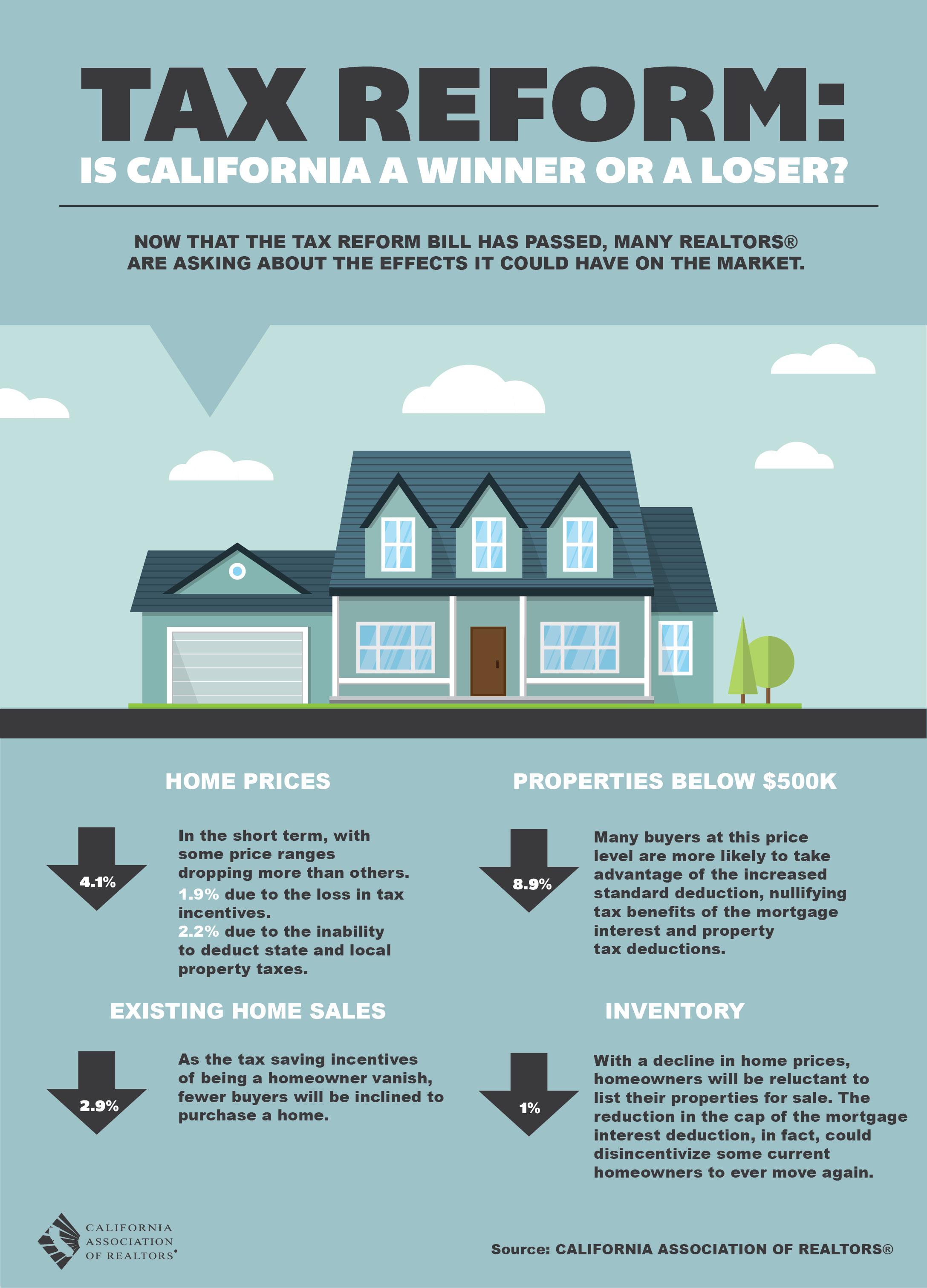
Install smart home technology, upgrade your computers, put in a home theater, improve your home office and remote learning environment, set up a home security system... There’s no end to what you could do! Is your house asking for a
HOME TECH UPGRADE?
HOME EQUITY LINE OF CREDIT as low as as low as apr2.99% apr4.25% for the first 12 months after Sign up for autodebit & SAVE!

[First Name] [Last Name] ERIC LAWRENCE FRAZIER MBA [Title] Vice President and Mortgage Advisor Branch Name Office: (800) 261-1634 ext. 703 NMLS#: [XXXXXX] Fax: (314) 264-0211 [(XXX)] [XXX-XXXX] NMLS#461807 [FirstName].[LastName]@fbol.com eric.frazier@fbol.com
11010 Limonite Ave. Miraloma CA 91752 firstbanks.com 800-760-BANK
*The Annual Percentage Rate (APR) is a variable rate based upon an index and a margin. The APR will vary with the Prime Rate (the index) as published in the Wall Street Journal. The variable rate APR will range from Prime + 0% to Prime + .425%, depending on the applicant’s credit score. This variable rate is based on auto-debit of payments from a First Bank checking account. If not auto-debiting payments from a First Bank checking account, add .75% to the rate. The APR may increase or decrease but will not exceed 18% nor will fall below 4.25% except during the 12 month promotional period. During the promotional period the rate will be based on applicant’s credit score with either Prime - 0.26% or Prime + 0.34% and both promotional rates requires auto-debit of payments from a First Bank checking account. As of September 1st, 2020, the APR ranges from 4.25% to 4.425% and the promotional rate is 2.99% or 3.59%. Rates are subject to change. This promotional rate is available only for consumer checking account clients of First Bank who do not have a HELOC with First Bank as of August 31st, 2020. Offer available for applications accepted during September 1st – September 30th 2020. No closing costs on lines up to $1,000,000 for standard documentation; third-party fees to be paid by borrower for loans over $1,000,000. Member FDIC


